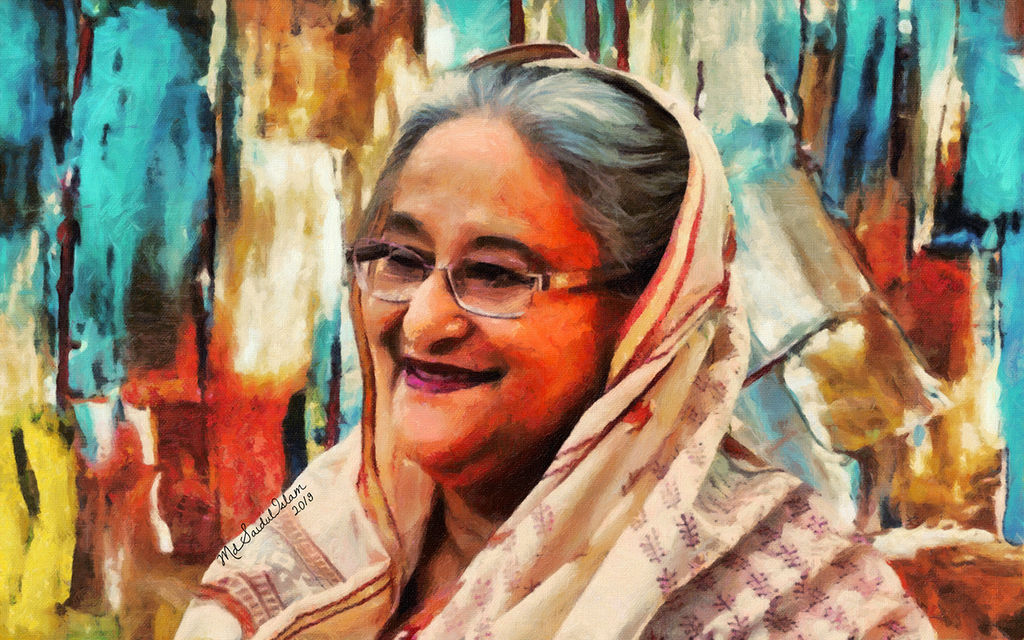
Donald John Trump, born on June 14, 1946, in Queens, New York City, is a businessman, media personality, and the 45th President of the United States. Known for his bold personality and unconventional approach to politics, Trump’s rise to political prominence was initially unexpected and catalyzed major shifts within the American political landscape. Trump’s background in business came from his family’s real estate enterprise, which he joined in the 1970s, eventually expanding it under the Trump Organization. His ventures into branding, media, and real estate development brought him significant attention, leading to public recognition through his ownership of skyscrapers, hotels, and casinos, as well as his role as the host of the popular television show The Apprentice. Trump’s entry into the presidential race in 2015 marked a significant shift in American politics. Running as a Republican, he captured attention with his slogan, “Make America Great Again,” a call that resonated with a substantial part of the American electorate who felt left behind by globalization and rapid societal changes. His candidacy was marked by bold statements, a rejection of traditional political rhetoric, and a willingness to address topics previously considered off-limits, earning him both devoted followers and fierce critics.
Trump’s presidency from 2017 to 2021 was marked by numerous achievements as well as considerable controversies. In terms of policy, he pushed for conservative reforms, such as appointing three Supreme Court justices, implementing tax cuts through the Tax Cuts and Jobs Act, and advocating for border security with his proposed wall on the U.S.-Mexico border. He was also known for his deregulation efforts, particularly in environmental policies, arguing they were needed to bolster American business interests. Trump’s foreign policy took a unique “America First” stance, emphasizing national sovereignty and calling for allies to contribute more to shared defense costs. His administration sought to renegotiate trade deals, notably with China, leading to a trade war that stirred global markets. Trump’s foreign relations were contentious yet also groundbreaking; he was the first sitting U.S. president to meet with a North Korean leader, engaging in diplomatic talks with Kim Jong-un to address nuclear concerns on the Korean peninsula.
Trump’s leadership style, however, was polarizing, often resulting in stark divides across the political spectrum. Supporters praised his willingness to challenge the “establishment” and give voice to traditionally underrepresented groups, especially those in rural and blue-collar communities. Meanwhile, his detractors accused him of divisive rhetoric, particularly on social issues. His approach to social media, especially on Twitter, was unprecedented, as he used it to communicate directly with the public, bypassing traditional media outlets. His presidency also saw significant public controversies, including his handling of the COVID-19 pandemic, where critics argued that his early response lacked urgency, and his skepticism towards certain public health measures became widely debated. This polarization reached its peak during the 2020 election cycle, which he lost to Joe Biden, sparking debates over election integrity, which culminated in the Capitol riot on January 6, 2021. Trump’s role in the events leading to the Capitol breach led to his second impeachment, making him the only president in U.S. history to be impeached twice.
After leaving office, Trump remained a powerful figure within the Republican Party and continued to influence U.S. politics. His rhetoric and influence led to debates about election reform, media bias, and the future of the Republican Party.









